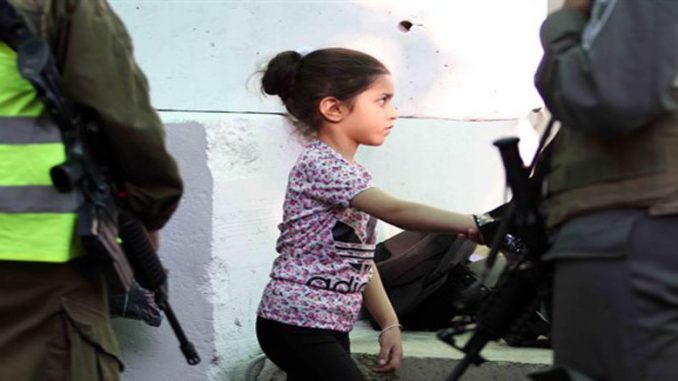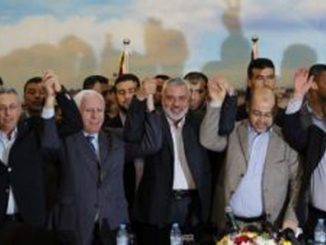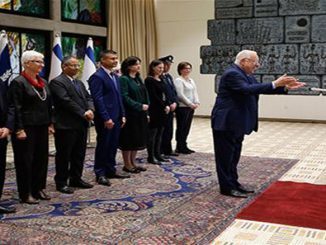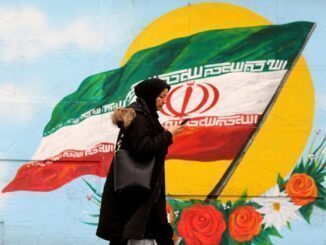
“All we wanted to do was pray,” Baraa Jawabreh, a 14-year-old Palestinian told Ma’an at Israel’s infamous 300 military checkpoint in northern Bethlehem, after Israeli forces denied the teenager entry as he was attempting to enter occupied East Jerusalem to pray at Al-Aqsa for the third Friday of the Muslim holy month of Ramadan.
During Ramadan, Israeli authorities permit men above the age of 40, women of all ages, and children younger than 12 years of age from the occupied West Bank to enter Jerusalem without a permit on Fridays, while all others are only allowed to enter with Israeli-issued permits.
Palestinians must endure long waits at the 300 checkpoint, the only access point Palestinians from the southern occupied West Bank have to Jerusalem.
Hundreds of Palestinians crowd into the cement and metal barred walkways, push through turnstiles, pass a metal detector, and show their IDs and permits to Israeli soldiers in order to travel to Al-Aqsa for prayers. The process can at times take hours and hot summer temperatures coupled with fasting means frustrations are high.
The Palestinian Red Crescent was in the area assisting elderly Palestinians and those with special needs through the checkpoint.
Israeli forces have also set up a roadblock outside the checkpoint in order to restrict Palestinian traffic. Israeli soldiers have painted the roadblock white and blue, the colors of the Israeli flag.
For cousins Hussein and Baraa Jawabre, both aged 14, the process was futile. They were sent back by Israeli soldiers at the permit check, due to Israel’s age restrictions. The cousins were among thousands of other Palestinian children prevented entry into Jerusalem for prayers on Friday.
“I have attempted to reach Jerusalem three times, but each time the soldiers have banned my cousin and I from entering,” Hussein told Ma’an at the checkpoint. “We woke up very early and we were happy to pray at Al-Aqsa.”
But, “the occupation prevented us,” Hussein added. The cousins had travelled all the way from the al-Arroub refugee camp in Hebron city to try and enter Jerusalem for prayers.
Palestinian women told Ma’an that they were humiliated while crossing the checkpoint, as Israeli soldiers forced them to remove their niqabs in front of hundreds of other men and women, an act that can be degrading and embarrassing to Muslim women, and despite the existence of special rooms in the checkpoint for Israeli soldiers that could have easily been used in order to provide privacy for the women.
One woman who was forced to remove her niqab, who preferred not to be named,” told Ma’an that she was forced by Israeli soldiers to unveil herself, which she grudgingly conceded to “in order to achieve my dream of praying at Al-Aqsa Mosque.”
Thousands of Palestinians traveled to occupied East Jerusalem on Friday to perform prayers, while Israel employed a heavy number of Israeli police and soldiers throughout the Old City, leading to Al-Aqsa.
The Al-Aqsa Mosque compound, which sits just above the Western Wall plaza, is venerated as Islam’s third holiest site. Hundreds of thousands of Palestinians are allowed access to the site during the month of Ramadan, but are mostly restricted from entering Jerusalem throughout the rest of the year.
While Israel’s increase in permits for Palestinians during Ramadan is typically seen as a goodwill gesture on behalf of the Israeli government, this year has seen heightened restrictions for Palestinians compared to previous years, particularly for Palestinians from the besieged Gaza Strip.
“The violation of the rights to freedom of movement and freedom of religion, and the threat of collective punishment if conditions are not met by individual worshippers, only emphasize the punitive and arbitrary nature of the permit regime, as well as the depth of Israel’s continuous control over the Gaza Strip,” Israeli rights group Gisha recently stated.



